The roofing industry has seen significant advancements in materials over the years, with innovations aimed at improving durability, cost efficiency, and sustainability. Among these materials, PVC resin tiles have gained attention as a potential alternative to traditional roofing options like metal, clay, and concrete. But are they truly a durable and cost-effective solution?
Understanding PVC Resin Tiles
PVC resin tiles are synthetic roofing materials made primarily from polyvinyl chloride (PVC) combined with stabilizers, modifiers, and other additives to enhance performance. Unlike conventional roofing materials, they are manufactured through an extrusion process, ensuring uniformity in shape and strength.
One of the key advantages of PVC resin tiles is their lightweight nature, which reduces structural load on buildings while maintaining high durability. They are designed to withstand harsh weather conditions, including heavy rain, UV exposure, and temperature fluctuations, without warping or corroding. Additionally, their composition makes them resistant to chemicals, mold, and algae growth—common issues with traditional roofing materials.
Benefits of PVC Resin Tiles
1. Durability and Longevity
PVC resin tiles are engineered for long-term performance, often lasting 30 to 50 years with minimal maintenance. Unlike metal roofs, which can rust, or clay tiles, which may crack under impact, PVC resin tiles maintain their structural integrity over time. Their resistance to moisture also prevents rot, a common problem with wood-based roofing.
2. Cost-Effectiveness
While the initial cost of PVC resin tiles may be higher than some traditional materials, their long lifespan and low maintenance requirements make them a cost-effective choice in the long run. They eliminate the need for frequent repairs or replacements, reducing overall ownership costs. Additionally, their lightweight nature can lower installation expenses, as they require less structural reinforcement compared to heavier materials like concrete or slate.
3. Energy Efficiency
PVC resin tiles have insulating properties that help regulate indoor temperatures. Their reflective surfaces can reduce heat absorption, lowering cooling costs in warmer climates. This energy efficiency makes them an attractive option for both residential and commercial buildings seeking sustainable solutions.
4. Eco-Friendliness
Unlike some roofing materials that generate significant waste during production or disposal, PVC resin tiles are recyclable, reducing their environmental impact. Some manufacturers incorporate recycled PVC content, further enhancing their sustainability profile.
Applications of PVC Resin Tiles
PVC resin tiles are versatile and suitable for various construction needs:
- Residential Roofing: Their aesthetic flexibility allows them to mimic traditional materials like wood shakes or slate while offering superior durability.
- Commercial and Industrial Buildings: Their resistance to chemicals and extreme weather makes them ideal for factories, warehouses, and agricultural structures.
- Retrofit Projects: Due to their lightweight nature, they are an excellent choice for roof replacements without requiring structural modifications.
Comparison with Traditional Roofing Materials
To assess whether PVC resin tiles are a superior choice, it’s important to compare them with conventional options:
- Metal Roofing: While metal is durable, it can be noisy during rain and prone to denting. PVC resin tiles offer similar durability with better noise insulation.
- Clay and Concrete Tiles: These materials are heavy and may require additional structural support. PVC resin tiles provide a lighter alternative with comparable aesthetics.
- Asphalt Shingles: Though affordable, asphalt has a shorter lifespan (15–20 years) and is less eco-friendly.
PVC resin tiles strike a balance between durability, cost, and sustainability, making them a compelling option for many projects.
Installation and Maintenance Considerations
Proper installation is crucial for maximizing the lifespan of PVC resin tiles. They should be installed by professionals familiar with synthetic roofing systems to ensure proper sealing and fastening.
Maintenance is relatively simple:
- Periodic cleaning to remove debris and dirt.
- Inspections for any potential damage after extreme weather events.
- Avoiding harsh chemical cleaners that could degrade the surface.
With minimal upkeep, these tiles can maintain their appearance and functionality for decades.
PVC resin tiles present a durable, cost-effective, and sustainable roofing solution suitable for a wide range of applications. Their resistance to weather, chemicals, and wear, combined with energy-efficient properties, positions them as a strong competitor to traditional roofing materials. While the upfront cost may be higher than some alternatives, their long-term benefits in terms of low maintenance, energy savings, and longevity make them a worthwhile investment for both residential and commercial projects.
For those considering a roofing upgrade or new construction, PVC resin tiles offer a modern, reliable, and environmentally conscious choice that aligns with the evolving demands of the construction industry.



 English
English Español
Español عربى
عربى


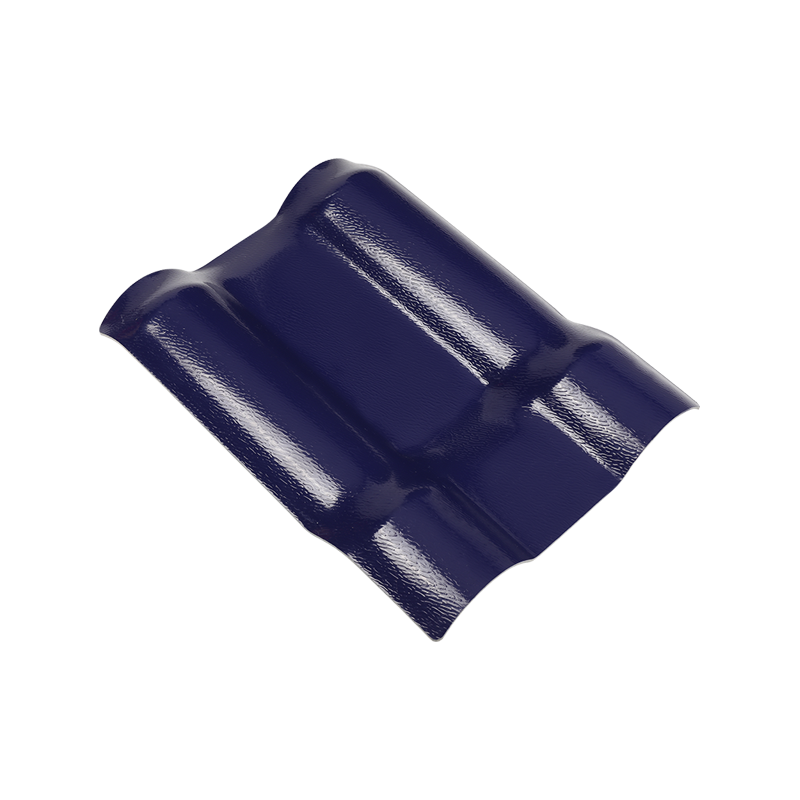
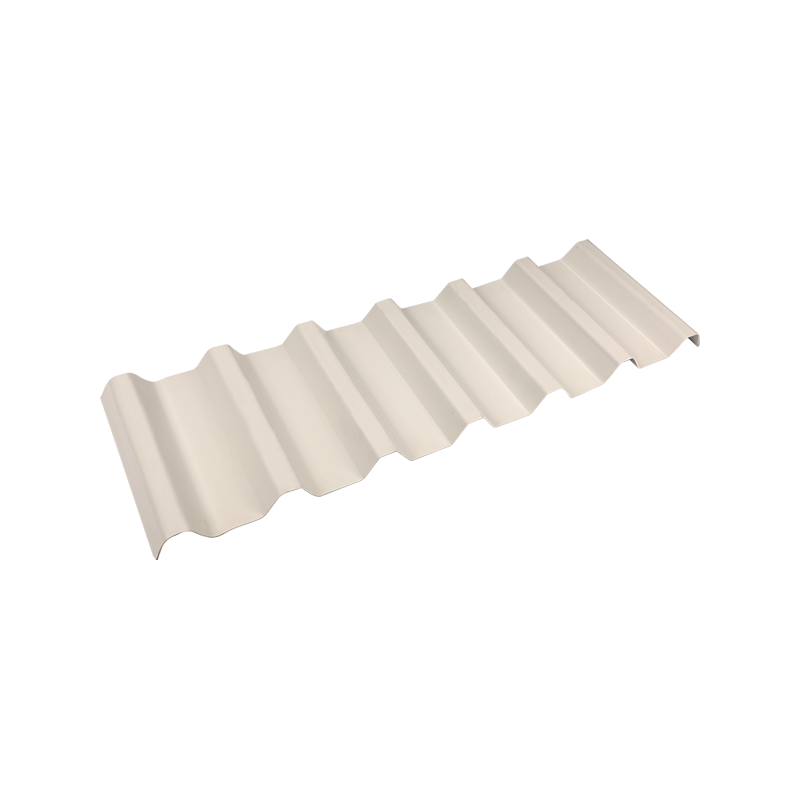
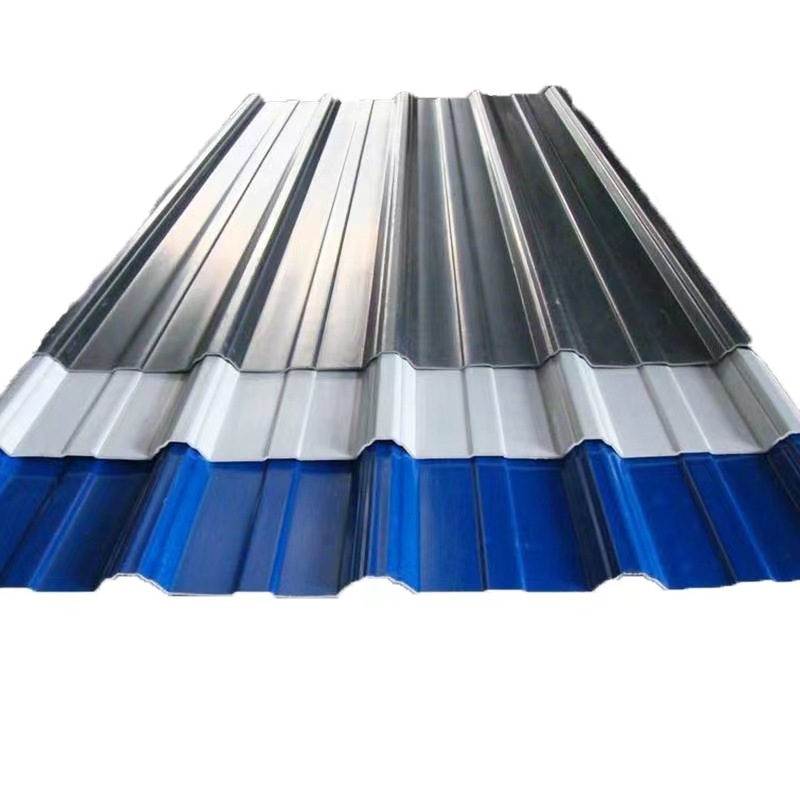
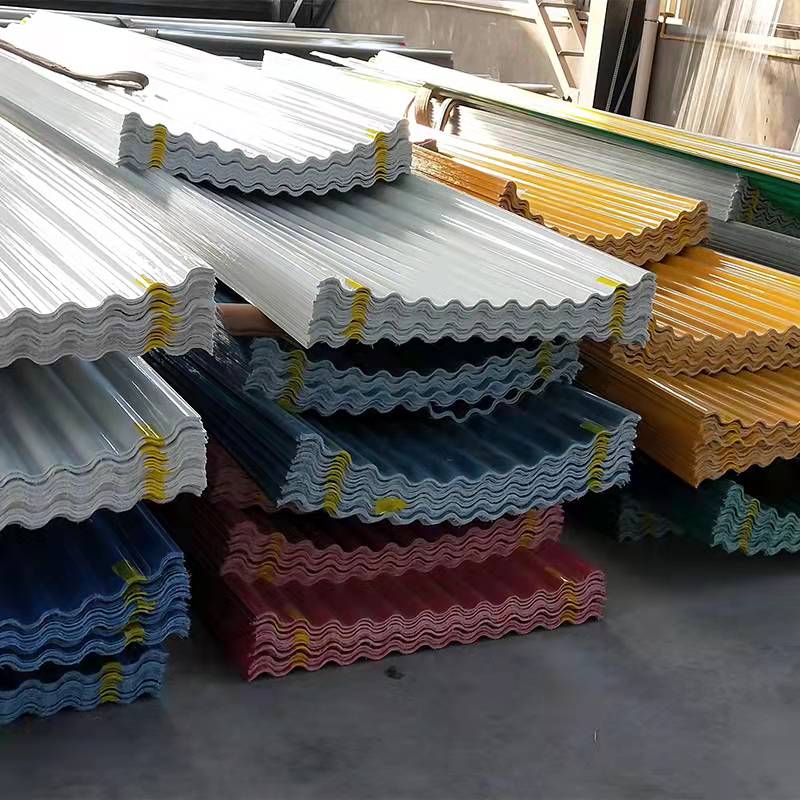
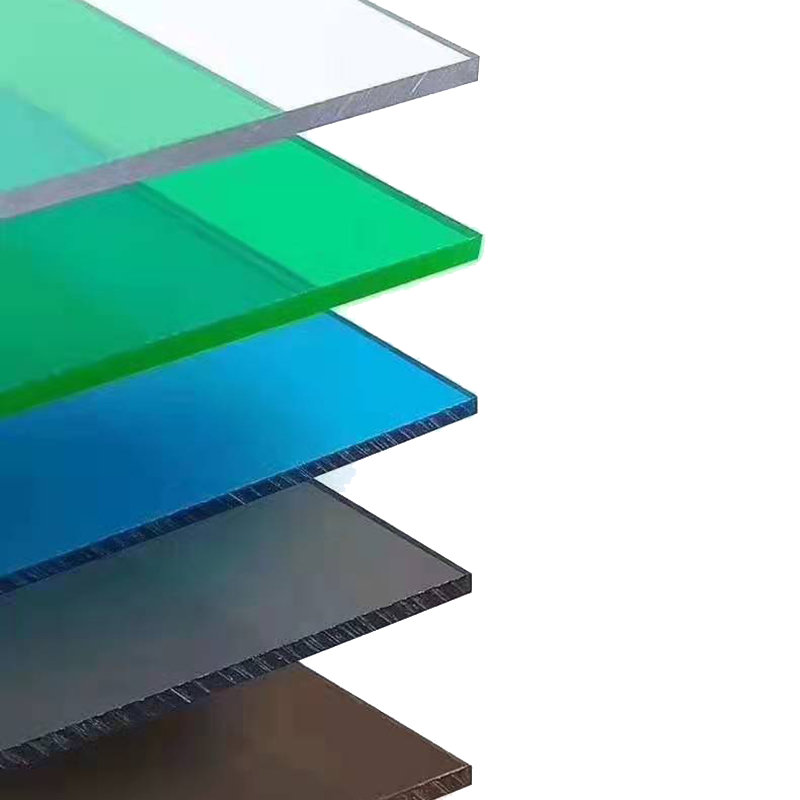
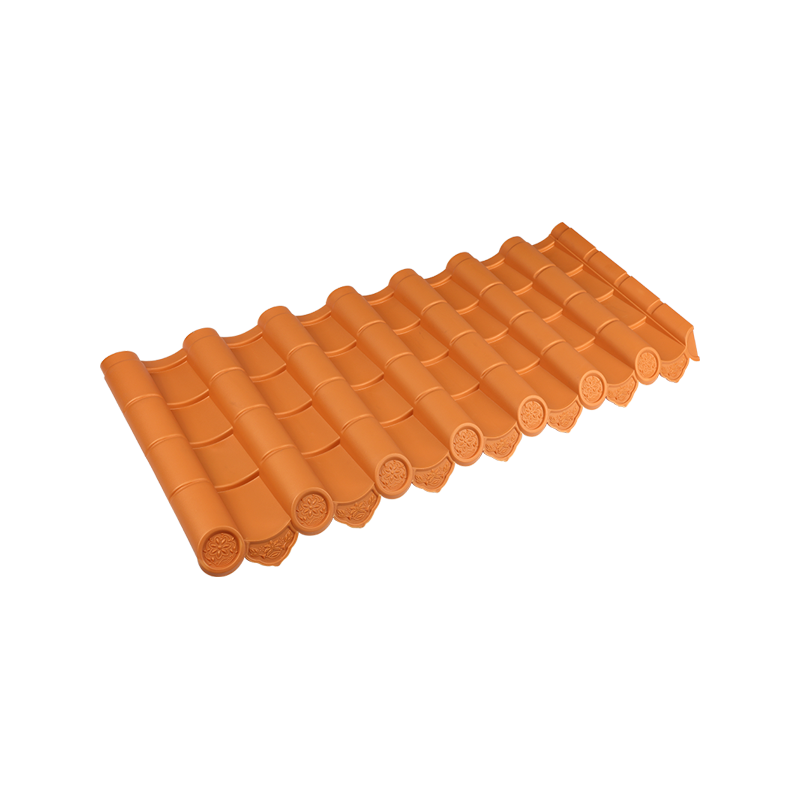
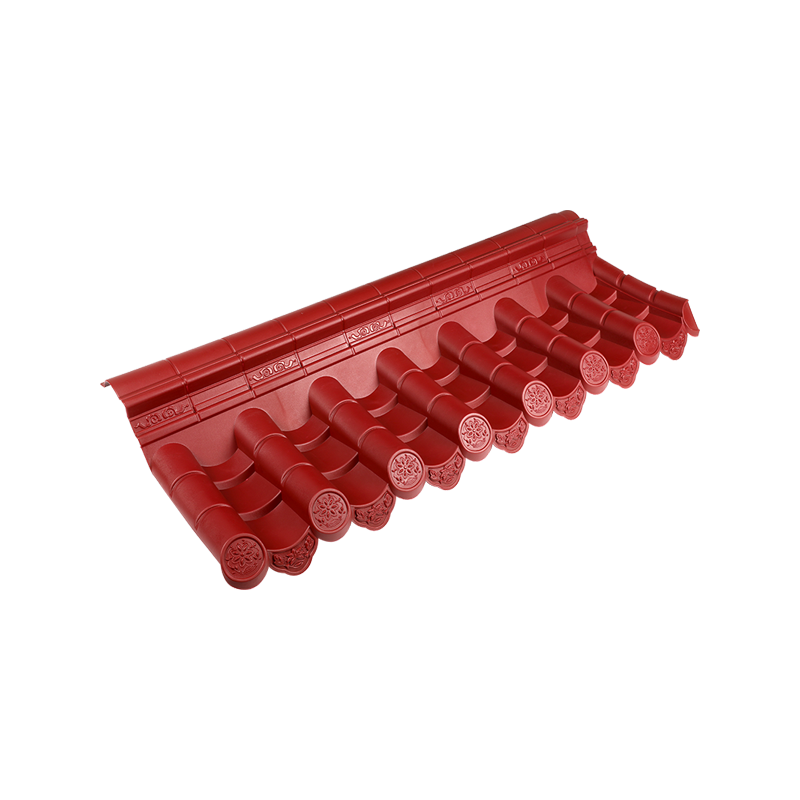


 Email:
Email: Phone:
Phone: Adress:
Adress: